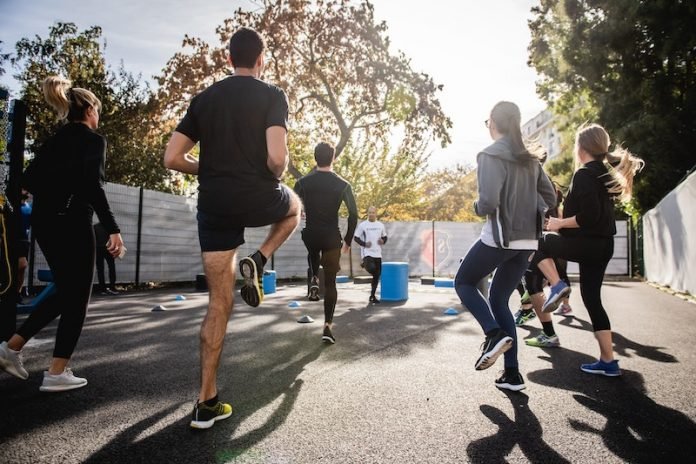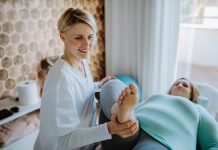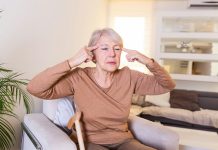
Scientists from Loughborough University suggest that people with weakened bones (osteoporosis) shouldn’t be afraid to exercise regularly.
This can help maximize bone health, stave off fracture risk, and improve posture in those with the condition.
The research is published in the British Journal of Sports Medicine and was conducted by Katherine Brooke-Wavell et al.
An estimated 137 million women and 21 million men have osteoporosis, with this prevalence expected to double within the next 40 years, notes the statement.
Hip and spine fractures can interfere with the independence and reduce life expectancy, while vertebral fractures are associated with long-term pain.
Regular exercise strengthens bones, reduces the risk of fractures and falls, improves posture, as well as boosts overall mental and physical health, so it’s important that people with osteoporosis don’t miss out on these health benefits.
In the new statement, the team says that people with weakened bones should be encouraged to do more rather than less.
An exercise routine that includes muscle strengthening exercises on 2 to 3 days of the week and brief bursts of moderate impact activities, such as jogging, aerobics, or Zumba on most days.
And for those who have already sustained a vertebral fracture, or who are frail/elderly, the advice is to include lower impact exercise up to the level of brisk walking for 20 minutes every day.
The researchers say that physical activity and exercise have a key role in promoting bone strength, reducing falls risk, and managing vertebral fracture symptoms, so should be part of a broad approach that includes other lifestyle changes—adequate calcium and vitamin D intake, not smoking, and cutting down on alcohol intake—combined with drug treatment, where appropriate.
If you care about bone health, please read studies about bone problem that may strongly increase COVID-19 death risk, and this exercise may slow down bone aging.
For more information about bone health, please see recent studies about healthy diet that may be bad to your bones, and results showing too much vitamin may increase your risk of bone fractures.
Copyright © 2022 Knowridge Science Report. All rights reserved.



